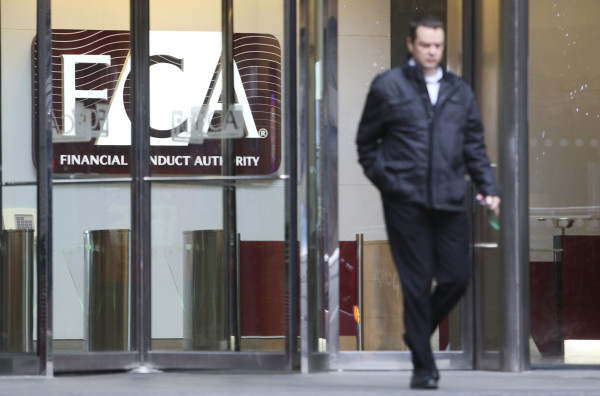

The regulator has issued a data request to IFAs who have advised clients on defined benefit transfers from the Rolls-Royce pension scheme, warning it will take action where necessary.
In a joint statement, published today (October 28), the Financial Conduct Authority (FCA), The Pensions Regulator (TPR) and the Money and Pensions Service (Maps) said they had been in talks with Rolls-Royce and its scheme trustees after there has been a surge in the number of DB transfer requests as a consequence of redundancies.
In May the engine company announced it would cut 9,000 jobs and in June revealed that more than 3,000 workers had applied for voluntary redundancy.
As a result, the FCA has sent a data request to 65 advisers who have advised clients looking to transfer out of the scheme and said it would take action where it finds evidence of poor advice.
The regulator stated: “All advisers should be clear on the FCA’s expectations when offering advice to members of the scheme.
“Where the FCA sees unsuitable advice, or bad practice, it will take action.
"TPR is working closely with the trustee in its role to protect savers.”
It reiterated its stance that transferring out of a DB scheme was “unlikely to be in the best interests of most consumers” and that any members looking for guidance, or thinking of transferring out, should contact The Pensions Advisory Service, which is part of Maps.
According to a Rolls-Royce PLC spokesperson, the company "strongly supports" the FCA's actions and urges the regulators to take action wherever an adviser is found to have been providing unsuitable advice.
It stated: "Our defined benefit pension scheme is – and remains – well funded. The unprecedented impact of the Covid-19 pandemic on the whole aerospace industry, however, has forced us to restructure our business and this is resulting in a significant number of job losses in the UK.
"We proactively alerted the FCA that this restructuring was attracting attention from various financial advisers targeting our colleagues and we have been keeping the FCA and Pensions Regulator regularly updated on the number of transfer requests that have been received by the trustees."
Rolls-Royce provides all its retiring employees with access to free financial advice delivered by a regulated adviser selected in partnership with the scheme trustee.
Last week Rolls-Royce said it was dealing with a "very high number of transfer payment requests", claiming many were arriving with missing information or poorly scanned and unreadable documents, which it warned was causing delays.
The Rolls-Royce DB scheme was closed to new members in 2007 and has 7,500 active members; 20,000 deferred members and 13,000 pensioners.
Alan Lakey, director at Highclere Financial, said he was surprised advisers continued to work in this sector, due to all the issues that have arisen in this market over the past decade.
He said: "It seems likely that the FCA will continue its forensic enquiries regarding these schemes, particularly the high profile companies where they believe bad advice has been evidenced.
"Bizarrely, transfer values have peaked and many DB members might well be better off transferring and may then find a paucity of advisers willing to assist."
Meanwhile, Martin Bamford, head of client education at Informed Choice, said he hoped the regulator has learned lessons from the British Steel debacle.
He said: "Moving quickly and providing decisive information on the ground at these factories is key to prevent scheme members from being scammed.
"It would be a crying shame for scheme members and pension advisers to look back at this particular scheme in a year or two and see no lessons learned from earlier debacles."
BSPS debacle
The British Steel pension scheme was embroiled in turmoil for months after members of the BSPS were asked to decide what to do with their pensions as part of a restructuring process in 2017.
As a result about 8,000 members transferred out of the old scheme, with transfers collectively worth about £2.8bn.
But concerns about the suitability of the transfers were soon raised leading to an intervention from the FCA, which resulted in 10 firms - the key players in the debacle - stopping their transfer advice service.
Some of these firms regained their permissions some months later, while others, such as Active Wealth, went into liquidation and claims against it have already arrived at the FSCS.
The regulator's crackdown
Last year the regulator published the results of its last survey of the DB market, between April 2015 and September 2018, which concluded that too much advice was "still not of an acceptable standard".
In June, the regulator revealed its intervention had led to more than 700 advice firms relinquishing their defined benefit transfer permissions and earlier this month, its ban on contingent charging came into force.
Contingent charging means a client only pays for the advice if they go ahead with a transfer.
The FCA said introducing the ban will remove the conflicts of interest which arise when an adviser only gets paid if a transfer goes ahead.
Only consumers with certain identifiable circumstances, such as those suffering from serious ill-health or experiencing serious financial hardship, will be exempt.
amy.austin@ft.com
What do you think about the issues raised by this story? Email us on fa.letters@ft.com to let us know.



